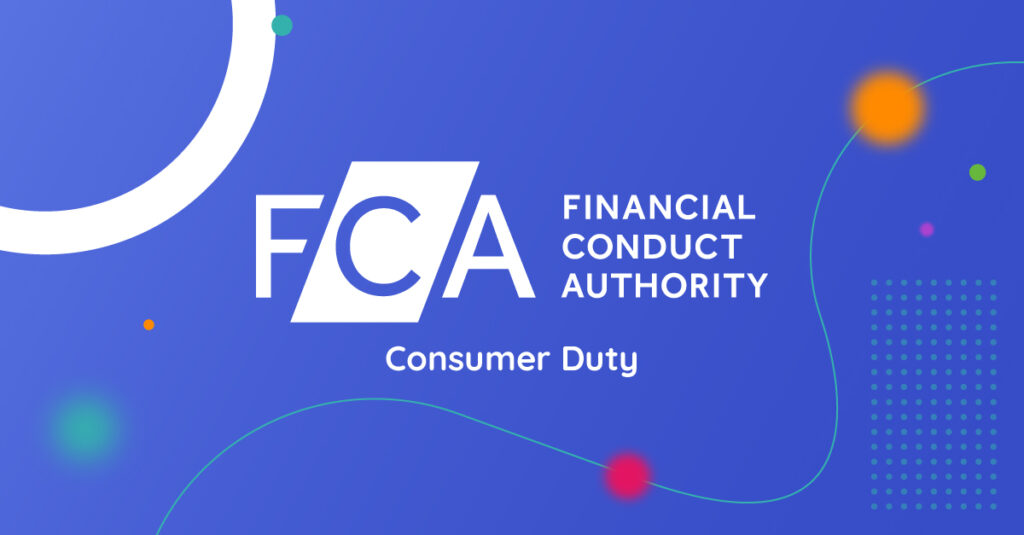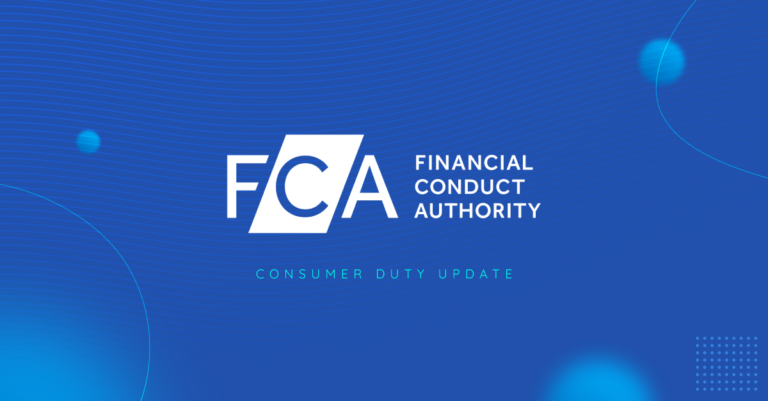The Financial Conduct Authority (FCA) is a regulatory body in the UK that aims to ensure that financial markets operate fairly and effectively. The FCA recently introduced Consumer Duty, a new set of rules designed to strengthen consumer protection and deliver good outcomes for financial service customers. Consumer Duty has significant implications for financial services contact centre teams, and it is important to understand its requirements and take the necessary steps to comply with the new policy.
What is the Consumer Duty?
Consumer Duty is a set of regulatory requirements that the FCA has introduced to encourage financial services firms to put the needs of their customers at the centre of their operations. The rules aim to ensure that firms act in the best interests of their customers, treat them fairly, and provide them with clear and accessible information. Consumer Duty applies to all firms that provide financial products and services, including banks, insurers, and investment firms.
We recommend that your business conducts a GAP analysis to ensure suitable measures are in place. You will also need to document and identify the key parts of your service and ensure that you have good consumer outcomes. You will need to be able to provide evidence that you have appropriate controls in place to deliver on that promise.
To help you break your service down into its constituent parts, we recommend you review the four guiding Consumer Duty outcomes.
- Products and services: Identify your product or services and how you market this to consumers. Who is your target market, and what type of customer are you selling this to?
Top tip: Make sure you carry out regular reviews to ensure the products or services continue to meet the needs of your intended target market. - Price and value: Ensure customers get value for money, meaning the amount a consumer pays for a product or service must be reasonable when compared with the benefits.
- Consumer understanding: Identify the information your customers need and make sure they can access and understand the information provided. You need to test their understanding and make certain customers are taking action.
- Consumer support: This outcome is all about supporting consumers to take action when needed. It’s important that you do not have any barriers in place for consumers seeking support.
When will the policy come into force?
- For new and existing products or services that are open to sale or renewal, the rules come into force on 31 July 2023.
- For closed products or services, the rules come into force on 31 July 2024.
How does the Consumer Duty impact financial services contact centre teams?
Financial services contact centre teams play a critical role in the customer journey, and Consumer Duty has significant implications for their work. Contact centre teams are often the first point of contact for customers, and they need to be aware of the new requirements to ensure that they provide the necessary level of support.
So, what are the primary outcomes impacting the contact centre?
- Treating Customers Fairly (TCF): Consumer Duty requires firms to treat customers fairly and consider their needs when designing products and services. Contact centre teams must be aware of the TCF principles and ensure they deliver fair customer outcomes.
- Communication: Consumer Duty requires firms to communicate clearly and effectively with customers. Contact centre teams must provide accurate and understandable information to customers, using plain language and avoiding jargon.
- Vulnerable Customers: Consumer Duty requires firms to identify and support vulnerable customers. Contact centre teams must be trained to identify vulnerable customers and provide appropriate support.
- Complaint Handling: Consumer Duty requires firms to have effective complaints-handling procedures in place. Contact centre teams must be trained to handle complaints effectively and provide appropriate redress to customers.
Financial services contact centre teams can take the following steps to ensure that they comply with the Consumer Duty:
- Training: Contact centre teams must receive regular training on the requirements of Consumer Duty, including TCF principles, communication, vulnerability, and complaint handling.
- Quality Assurance: Firms must implement a quality assurance process to monitor the quality of customer interactions and ensure that they meet the requirements of Consumer Duty.
- Compliance Monitoring: Firms must have a compliance monitoring programme in place to ensure that they comply with the requirements of Consumer Duty. This should include regular audits of customer interactions.
- Speech Analytics: Firms can use technology to support compliance with Consumer Duty, such as using speech analytics to monitor customer interactions and identify areas for improvement.
Consumer Duty is a significant development in consumer protection regulation, and financial services contact centre teams must take steps to comply with its requirements. By ensuring that they deliver fair outcomes to customers, communicating clearly and effectively, identifying and supporting vulnerable customers, and handling complaints effectively, contact centre teams can contribute to their firms’ compliance with Consumer Duty and improve the customer experience.












 Danmark
Danmark  Sverige
Sverige  Norge
Norge  Finland
Finland  Nederlandse
Nederlandse